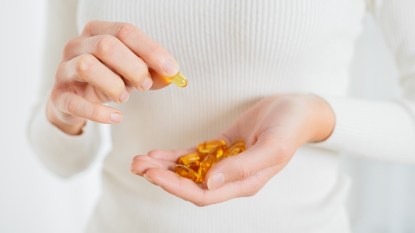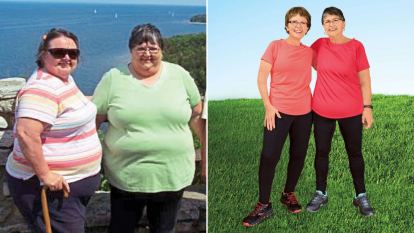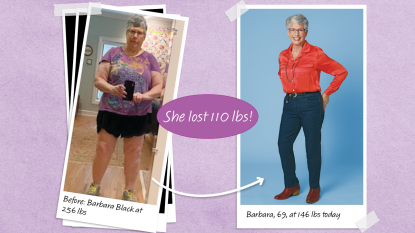Tired, Foggy and Losing Hair? An Iron Deficiency May Be To Blame — And This Is the Best Way To Fix It
Find out why you should never ignore an iron shortfall, and why supplements aren't your best bet
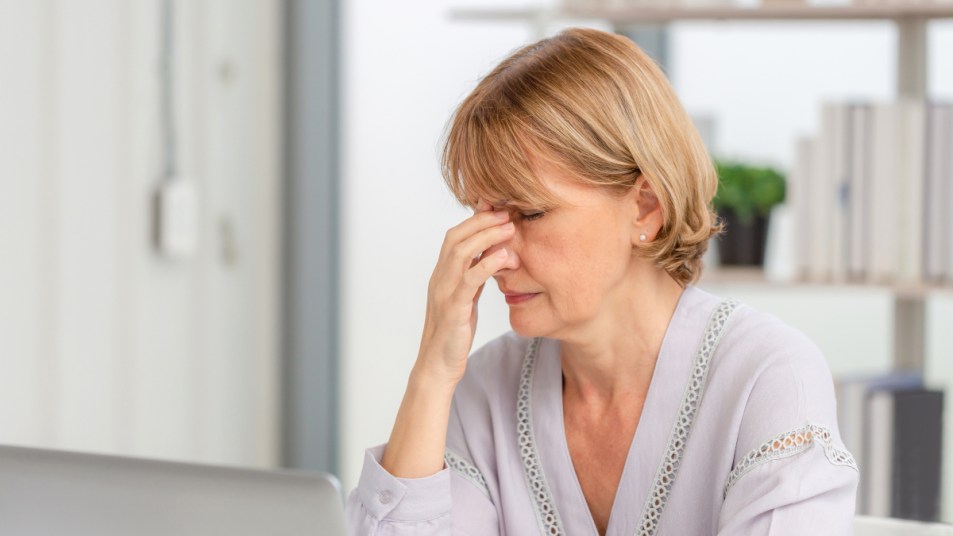
Most of us don’t give our body’s iron levels a second thought. But a shortfall in this dietary mineral can trigger everything from brain fog to fatigue to hair loss. And iron deficiency without anemia is more common than you might think. While it’s more prevalent in women under age 50, it remains a major health issue for women in their 50s, 60s and beyond. We asked a doctor and registered dietitian to break down exactly what causes the condition, plus share the easiest (and fastest) ways to cure it.
Why iron is so important
Iron is one of the many nutrients that keep your body humming. You need iron to make new blood cells and keep your immune system in tip-top shape. Roughly 70% of the iron in your body is in the form of hemoglobin, a protein found in red blood cells. Hemoglobin’s job is to carry oxygen throughout your body.
“Iron intake is crucial for maintaining optimal health,” confirms Donald Karcher, MD, a professor in the Department of Pathology at George Washington University Medical Center. “It plays a vital role in ensuring our organs receive the oxygen they need to sustain our energy levels.” (Click through to see the sneaky causes of an afternoon slump, plus the easy fixes.)
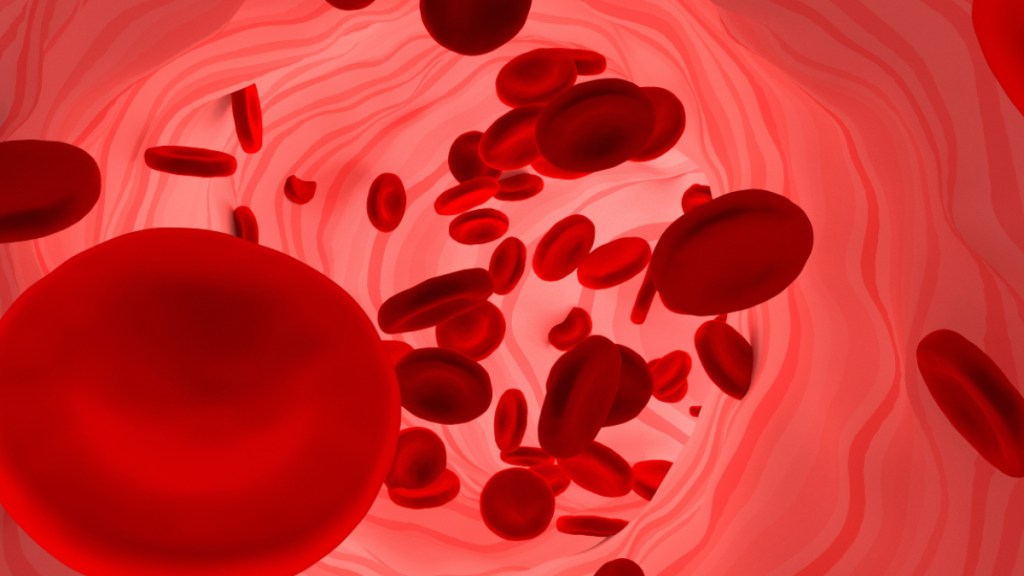
Iron deficiency and anemia
Your doctor can confirm an iron deficiency when a blood test shows low ferritin and transferrin saturation levels. Ferritin shows how much iron is stored in your body, while transferrin is a protein your body makes to get more iron in your blood. Iron deficiency without anemia occurs when your ferritin is low, but your red blood cells and hemoglobin are in the normal range.
How low? There’s still some debate about when exactly iron deficiency should be diagnosed. But if your ferritin level is less than 30 mg/L, you’re likely dealing with an iron deficiency, according to a study in the Australian Prescriber.
Anemia, on the other hand, means there are not enough red blood cells or hemoglobin in your blood to transport the oxygen your body needs. It’s usually spotted in a complete blood count (CBC) test that measures the number of red blood cells and hemoglobin levels.
Iron deficiency without anemia is three times as common as iron-deficiency anemia. And left untreated, there’s a risk an iron deficiency without anemia can turn into anemia. “Iron deficiency doesn’t always lead immediately to anemia,” Dr. Karcher explains. “A person must be significantly deficient in iron for weeks or even a few months before anemia develops. If the deficiency is relatively mild, anemia may not necessarily develop at all.” Still, it’s important to catch — and treat — an iron deficiency without anemia early.
Common causes of an iron deficiency without anemia
An iron deficiency doesn’t happen overnight. But if any of the following conditions are an issue, they may lead to iron deficiency with or without anemia.
- Heavy periods, like those common in perimenopause, can deplete your body’s stores of iron over time, leading to a deficiency.
- A poor diet, or vegan or vegetarian diets that don’t include enough iron-rich foods, can cause an iron deficiency.
- GI problems like IBD, which encompasses Crohn’s disease and colitis, or gastric bypass surgery may cause you to not absorb enough iron from your diet. (Click through to learn more about IBD vs IBS.)
- Long-term use of some medications, including aspirin or NSAIDs, can cause gastrointestinal bleeding, contributing to an iron deficiency.
Iron deficiency affects women of all ages — and can be serious
In the US, 40% of women between ages 12 to 21 experience iron deficiency. And while there’s no research on the prevalence of iron deficiency in women over 50, Dr. Karcher says it continues to pose a significant risk. “Postmenopausal women may experience decreased iron absorption, hormonal changes and other age-related health issues that can contribute to iron deficiency,” he explains.
Dr. Karcher also warns that bleeding related to cancer in the gastrointestinal tract isn’t uncommon in women over 50. “And this cancer-related bleeding may not be visible at all to the person, particularly if it’s happening slowly,” he says. What’s why if you even vaguely suspect you might be iron deficient, don’t ignore it. Schedule a visit with your doctor and get your levels tested.
“I strongly recommend women over 50 pay attention to their iron intake and get regular check-ups, including a CBC and iron study, to help detect any deficiencies early on,” Dr. Karcher advises. “That can reduce the risk of developing anemia and its associated health complications, and also possibly detect cancer in the early stages.”
Symptoms of iron deficiency without anemia
The most common signs of an iron deficiency can be frustratingly vague. It’s easy to confuse them with menopause symptoms or simply not getting enough sleep. “You feel tired, weak, and a bit fuzzy in the brain because your tissues aren’t getting enough oxygen,” says Dr. Karcher.

Here are some other signs to watch out for:
- Difficulty concentrating or focusing
- Changes in mood
- Decreased productivity
- Hair loss
- Restless legs syndrome
Related: This Relaxing Type of Physical Exercise Can Ease Restless Leg Syndrome + Improve Sleep
The dangers of an untreated iron deficiency
According to Dr. Karcher, an untreated iron deficiency can have serious consequences for both your health and quality of life. Aside from leading to anemia, as we explained above, an iron deficiency can affect your memory, attention and concentration. And a severe or prolonged iron deficit can lead to heart trouble include heart palpitations, a rapid heartbeat and even an increased risk of heart attack. (Click through to see easy ways to prevent heart disease.)
How to reverse (and prevent) iron deficiency
In many cases, you can ward off or correct an iron deficiency with an iron-rich diet, especially if you haven’t progressed into anemia territory.
“It is preferable to prevent or resolve iron deficiencies through diet rather than supplements,” says Grace Derocha, RD, who’s in private practice in Detroit, Michigan. “Using food can help minimize the risk of iron overdose and ensure good intake of a variety of nutrients alongside iron in foods.”
The best iron-rich foods
The USDA’s Recommended Dietary Allowance (RDA) for iron for adults is 18 mg daily. And in happy news, a few small tweaks to your diet can help you easily hit that goal. Derocha points out that many everyday foods are rich sources of iron. Some of her favorites include beef, spinach, pumpkin seeds and chickpeas.
“A 1-cup serving of spinach has 3.7 mg of iron — that’s about 21% of what women need each day,” says Derocha. Since a spinach salad typically contains at least two cups of the green, if you top it with chickpeas and pumpkin seeds, you’re well on your way to reversing a shortfall of the nutrient. Other iron-rich foods include red meat, seafood, whole grains, dark chocolate and iron-fortified cereals. (Click through for a tasty spinach radish salad recipe.)
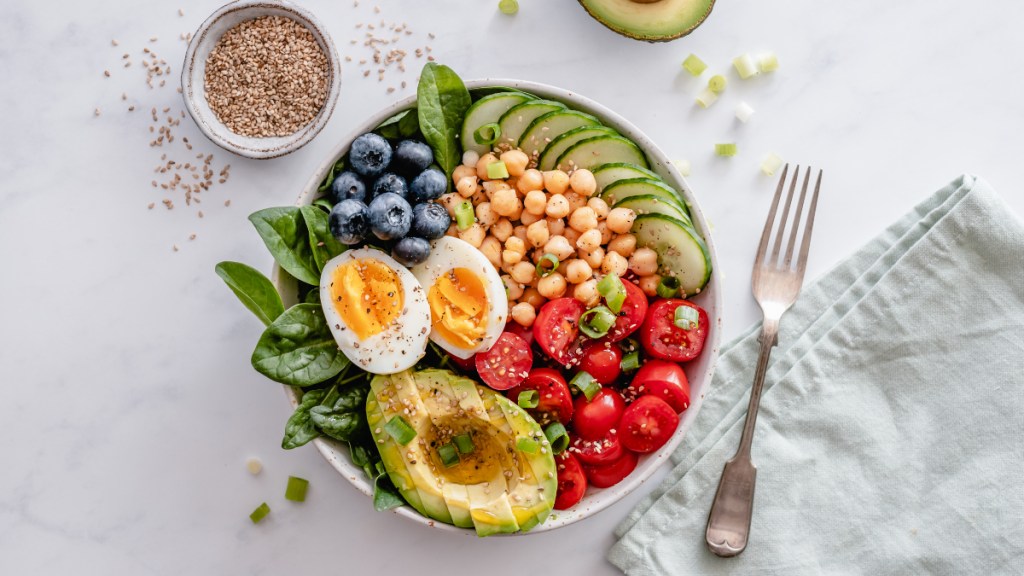
How to choose an iron supplement
If your blood work shows you’re low on iron, and dietary changes haven’t helped, talk to your doctor before supplementing. “Your doctor can assess your individual needs to determine if an iron supplement is necessary and what dosage would be appropriate for you,” says Dr. Karcher.
In addition to talking to your doctor, Dr. Karcher has these tips for starting an iron supplement:
- Start with a blood test. This will help determine if you have an iron deficiency and its severity.
- Watch for side effects. Iron supplements are notorious for causing constipation, nausea and stomach upset. If you experience any side effects while taking an iron supplement, let your doctor know.
- Pair iron with vitamin C. Vitamin C increases iron absorption, especially in supplements. A vitamin C supplement or a glass of orange juice taken with your iron pill will do the trick.
For more key vitamins and nutrients your body needs:
Experts Reveal the Best Vitamin to Keep Muscles Strong as You Age + How to Get More
This Sneaky Vitamin Deficiency May Be the Cause of Your Thinning Hair — Here’s How to Really Fix It
This content is not a substitute for professional medical advice or diagnosis. Always consult your physician before pursuing any treatment plan.



